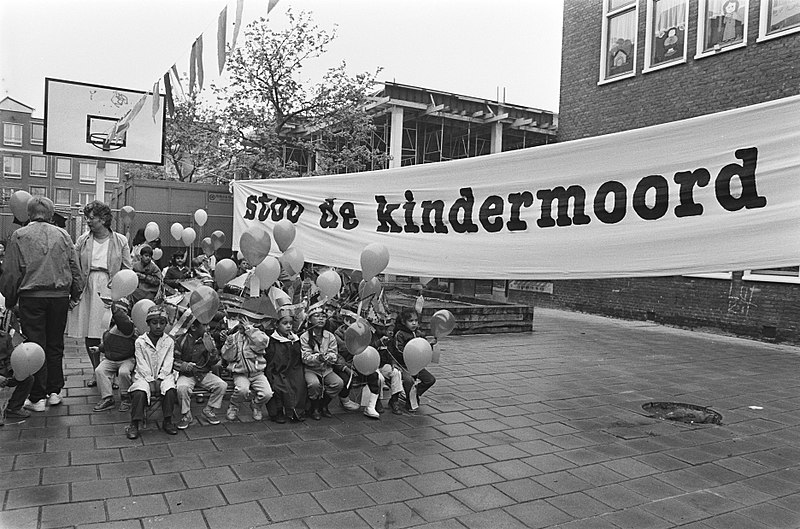Since the 1970s, the Netherlands and the United States have taken different paths when it comes to engineering streets. While the Dutch tackled traffic deaths and injuries by designing local streets where walking and biking are safe, convenient ways to get around, the prevalent approach in America was to apply highway design principles to local streets -- wider and straighter was thought to be safer. The superiority of the Dutch approach turned out to be dramatic: In 1975, the traffic death rate in the Netherlands was 20 percent higher than in America, but by 2008 it was 60 percent lower. About 22,000 fewer people would die on U.S. streets each year if the nation had achieved safety outcomes comparable to the Dutch, according to Gary Toth at Project for Public Spaces.

The Dutch story, it turns out, is about a social movement as much as engineering principles. Today on the Streetsblog Network, the West North blog points us to the London Cycling Campaign's recent overview of the Dutch uprising against car-centric streets. It includes this fascinating detail about how a rallying cry for the movement originated in the press:
In 1971, deaths by motor vehicles reached record levels, with 3,300 people dead, 500 of whom were children.
One victim of road death at this time was the child of respected journalist Vic Langenhoff, a senior writer on national newspaper De Tijd, based in the south of the country. Langenhoff wrote a series of articles, the first of which used the dramatic headline ‘Stop de Kindermoord’ (Stop the Child Murder) and called for children to be taken to school by bus, in order to reduce their exposure to danger from motorists.
But it wasn’t long before more experienced campaigners contacted him and a policy of reducing road danger at source was agreed as the best way to tackle the unacceptable rise in road crash deaths.
‘Stop de Kindermoord’ was a powerful message, and it gathered widespread support among mainstream commentators and young urban political activists. In Amsterdam in the early 1970s, there were already organisations with the aims of demotorising cities, improving public transport, preventing the bulldozing of heritage sites and controlling pollution. These campaigners opposed the statist interventions of the Left and the laissez-faire economics of the Right, both of which they felt threatened the quality of urban life.
Straddling the mainstream and the radicals was influential campaigner Maartje van Putten. A young mother from a wealthy and influential Amsterdam family, she was also involved in the burgeoning feminist and progressive transport movements.
Quoted in a Dutch magazine interview, van Putten said of that era: “Automobile traffic in Amsterdam had increased dramatically. On our street there was ?a primary school and children were ?run over frequently. When I saw Langenhoff’s article I thought: my God, what kind of society are we creating?” Not long afterwards, at the age of 23, van Putten was appointed President of Stop de Kindermoord, an organisation now dedicated to tackling the high level of death and injury on Dutch roads.
Elsewhere on the Streetsblog Network: Human Transit reports that Tallinn, Estonia, a city of 425,000 people, runs a transit system that's free for locals, but not for anyone from out of town. Systemic Failure shares some outrageous news about off-duty Florida cops flouting the speed limit. And WalkBikeJersey says Jersey should take a page from a Hawaii Bicycling League PSA.






